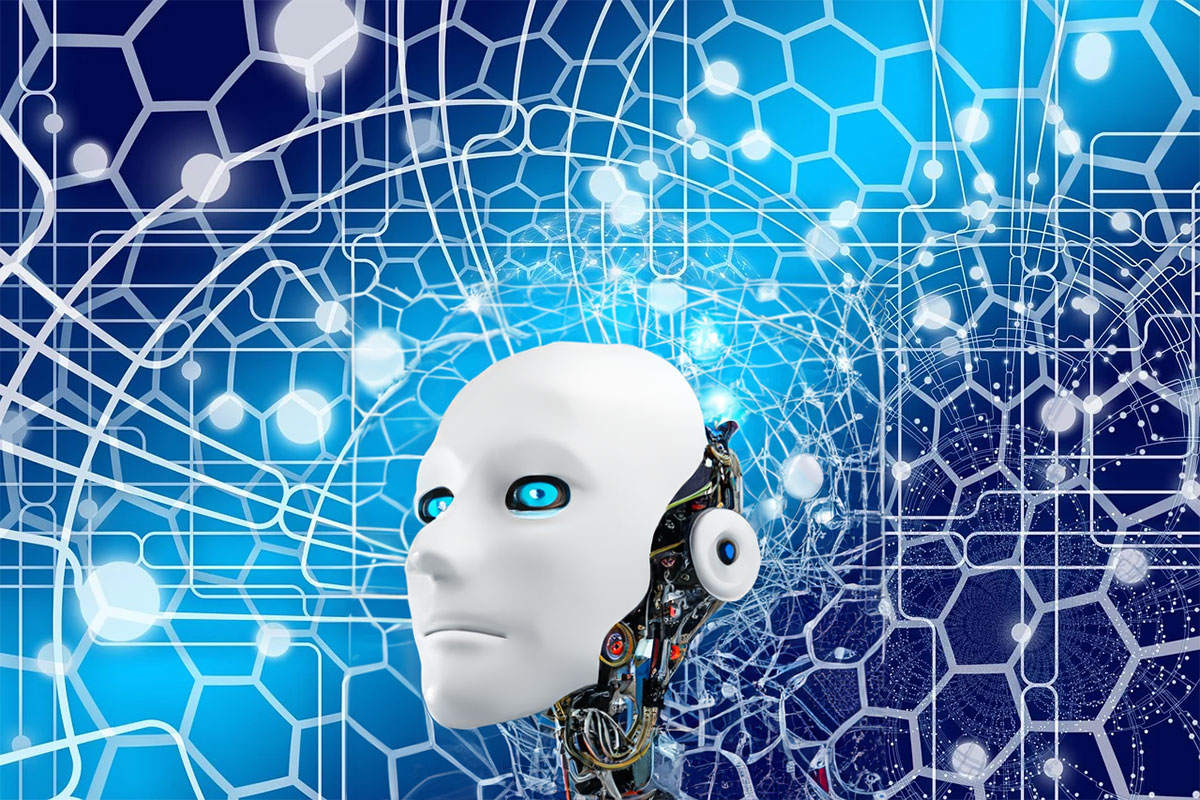In today’s digital age, Artificial Intelligence (AI) has become an integral part of our daily lives. From smart assistants like Siri and Alexa to advanced algorithms driving business decisions, AI’s impact is undeniable. However, as AI continues to evolve, there’s a growing need to make these intelligent systems more relatable and empathetic—a process we call “humanizing AI.” At Humanize AI, we believe that this transformation is crucial for fostering a harmonious relationship between humans and machines. In this article, we will explore what it means to humanize AI, its significance, and how it can be achieved.

The Essence of Humanizing AI
Humanizing AI involves infusing artificial intelligence systems with qualities that are inherently human, such as empathy, emotional intelligence, and social understanding. This goes beyond creating machines that can perform tasks efficiently; it’s about developing systems that can interact with humans in a way that feels natural, understanding, and responsive.
One of the primary goals of humanizing AI is to bridge the gap between cold, calculated machine operations and the warm, nuanced nature of human interactions. When AI systems can understand and respond to human emotions, they become more effective and trusted companions in various contexts, from customer service to healthcare.
The Importance of Humanizing AI
- Enhanced User Experience: Humanized AI can significantly improve user experiences by making interactions more intuitive and satisfying. When AI understands user emotions and preferences, it can tailor responses that are not only accurate but also empathetic. This leads to higher user satisfaction and engagement.
- Trust and Acceptance: Trust is a critical factor in the adoption of new technologies. AI systems that exhibit human-like understanding and empathy are more likely to be trusted by users. This trust can lead to greater acceptance and reliance on AI solutions in both personal and professional settings.
- Ethical AI Development: Humanizing AI also plays a crucial role in the ethical development of these technologies. By prioritizing empathy and social understanding, developers can create AI systems that are more aligned with human values and ethics, reducing the risk of biases and unethical behavior.
- Improved Communication: In sectors like healthcare and education, effective communication is paramount. AI that can comprehend and respond to emotional cues can provide more personalized and supportive interactions, enhancing the overall effectiveness of these services.
Strategies for Humanizing AI
Achieving humanized AI requires a multi-faceted approach that combines technological advancements with a deep understanding of human psychology and behavior. Here are some strategies to consider:
- Natural Language Processing (NLP): Advancements in NLP are critical for enabling AI to understand and generate human-like language. By improving NLP capabilities, AI can better interpret the nuances of human speech, including idioms, slang, and emotional tones.
- Emotion Recognition: Incorporating emotion recognition technologies allows AI systems to detect and respond to human emotions accurately. This can be achieved through various methods, including analyzing vocal tones, facial expressions, and text sentiment.
- Context Awareness: For AI to respond appropriately, it needs to be contextually aware. This involves understanding the situational context of interactions, which can be facilitated by machine learning algorithms that analyze patterns and predict user needs.
- Ethical Frameworks: Establishing ethical frameworks is essential for guiding the development and deployment of humanized AI. These frameworks should focus on transparency, accountability, and the minimization of biases to ensure AI systems act in the best interests of users.
- Continuous Learning: AI systems should be designed to learn and adapt continuously. By leveraging feedback from interactions, AI can refine its understanding of human behavior and improve its responses over time.
Real-World Applications of Humanized AI
Humanizing AI has profound implications across various industries. Let’s explore some real-world applications where this approach is making a significant impact:
- Customer Service: In customer service, humanized AI can provide more personalized and empathetic support. AI-powered chatbots and virtual assistants that understand customer emotions can handle inquiries more effectively, leading to higher customer satisfaction and loyalty.
- Healthcare: In healthcare, humanized AI can enhance patient care by providing empathetic support and monitoring. For example, AI systems can offer emotional support to patients, track their mental health, and alert healthcare providers to any concerning changes.
- Education: In the education sector, humanized AI can create more engaging and supportive learning environments. AI tutors that understand student emotions and learning styles can provide tailored assistance, improving educational outcomes.
- Mental Health: AI applications in mental health can offer significant benefits by providing immediate support and resources. Humanized AI can engage in meaningful conversations with individuals experiencing distress, offering empathy and guidance.
The Future of Humanized AI
As we look to the future, the humanization of AI will continue to evolve, driven by advancements in technology and a deeper understanding of human behavior. At Humanize AI, we are committed to pioneering these developments and ensuring that AI serves as a positive force in society.
In conclusion, humanizing AI is not just about making machines smarter; it’s about making them more relatable, empathetic, and ethical. By focusing on these aspects, we can create AI systems that enhance human experiences, build trust, and contribute to a more harmonious coexistence between humans and machines. As we continue to innovate and refine these technologies, the potential for humanized AI to transform our lives is boundless.
About Humanize AI
Humanize AI is at the forefront of developing cutting-edge AI solutions that prioritize human values and empathy. Our mission is to create AI systems that not only perform tasks efficiently but also understand and respond to human emotions and needs. Visit us at www.humanizeai.pro to learn more about our innovative approach to humanizing AI.









